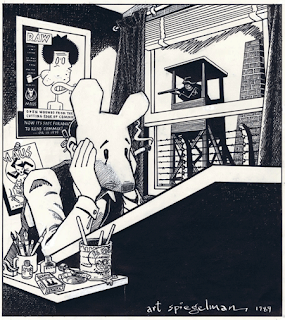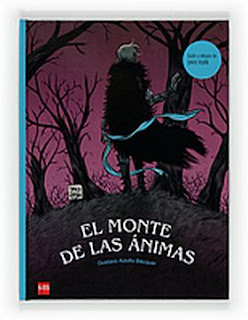CERVANTES AND SHAKESPEARE
Cervantes and Shakespeare
In twelve days we will be celebrating World Book Day, celebrated on the 23rd of April since 1995.
This date was chosen because it marks the death of two major writers: William Shakespeare (1564-1616) and Miguel de Cervantes (1547-1616).
However, this is not completely true. Therefore, we would like to clarify this "misunderstanding."
Although the two writers were contemporaries, they did not actually pass away on the same day, since the United Kingdom and Spain had different calendars at the time: the Julian and the Gregorian respectively.
In 1582, Pope Gregory XII moved the Gregorian calendar forward by 10 days. France, Spain and Italy adopted it immediately, but England didn't do it until 1752, keeping the Julian calendar, which was created by Julius Caesar.
That's why, from an English point of view, Shakespeare died on the 23rd of April but from the perspective of the Catholic countries, he died on the 3rd of May. In other words, although Cervantes and Shakespeare died on the same date, they did not die on the same day.
Neither did their lives have anything in common. Cervantes died in poverty and condemned by the Inquisition, whereas Shakespeare could make a living from his work and was praised.
As for their work, Shakespeare's characters have become symbols of a emotion or feeling: Hamlet for doubt, Othelo for jealousy, Romeo and Juliet for love and Macbeth for ambition.
As for Don Quixote, he is idealistic, brave, generous. He fights single-handedly against social injustice and the ills of humanity, something which should be a collective undertaking. Surprinsingly, were the English Romantics who established Don Quixote to the place of honour he deserves. They brought his adventures to a wider audience by translating the novel. Even in London's Victoria and Albert Museum we can see a number of paintings inspired by Cervantes's masterpiece.
In the 18th century the writer Henry Fielding (1707-1754) was so deeply influenced by Cervantes that his contemporaries called him "our English Cervantes". He even wrote a play called Don Quixote in England (1734). Moreover, a female writer Charlotte Lennox wrote a female version of Cervantes's novel: The Female Quixote (1752). The protagonist is Arabella, whose passion for reading romances influences her approach to life, causing many comical and melodramatic misunderstandings.











Comentarios
Publicar un comentario